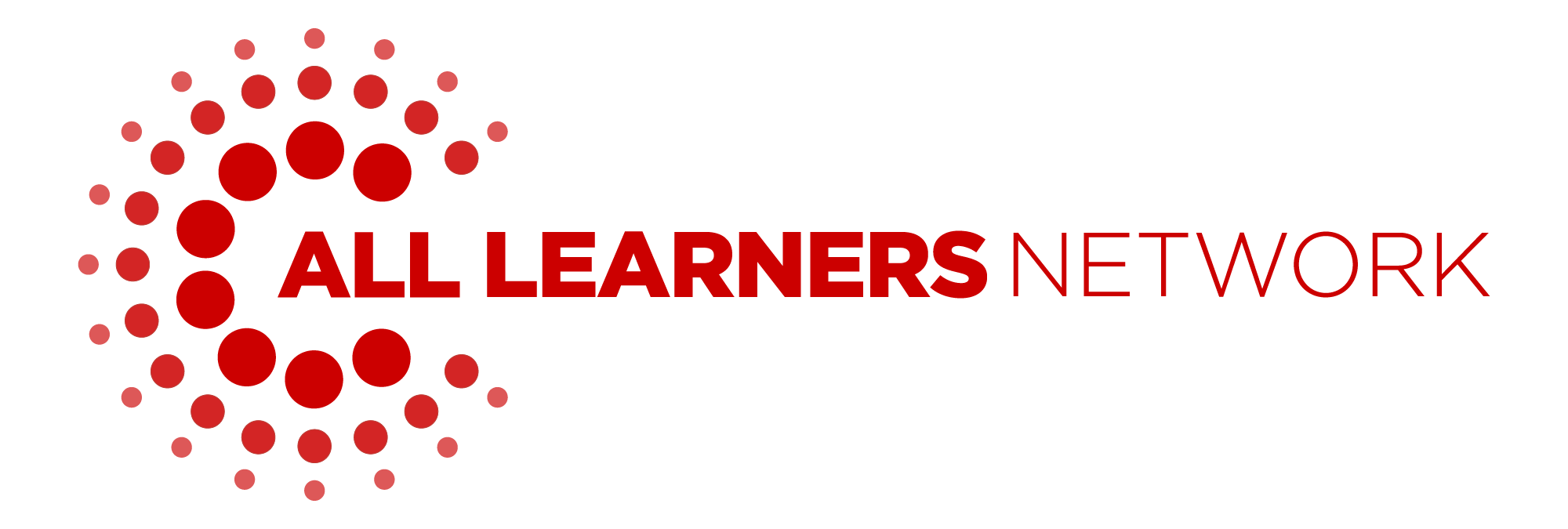%20(20).png)
Equipping Educators, Supporting Students: Partnering with ALN for a Summer Math Lab
All Learners Network (ALN)'s very own Sandi Stanhope and Christa Hagan-Howe talk through what the ALN Summer Math Lab is and how it works.
We might be in the early months of 2024, but administrators and teachers alike are thinking ahead about how their summer school can best engage and support all their students. Think about what your district’s summer school will look like for educators and students this summer. Are you wishing to have a bigger impact on the teaching and learning that will occur?
Now - imagine that there was a way to immerse all of the educators with rigorous math professional development and all of the students with high-quality, robust instruction. Imagine that these educators end the summer with significantly stronger math instruction skills. Imagine that these students leave summer school seeing themselves as capable, creative problem solvers and have accelerated growth toward grade-level content.
What you are picturing is the All Learners Network (ALN) Summer Math Lab. In the summer of 2023, we piloted our first Summer Math Lab with a school district in Vermont. This district came to us with multiple needs for a range of grade levels around providing students with “just right” math instruction and providing teachers with increased math content knowledge and professional development. Never to shy away from a math challenge, we dove in and created the ALN Summer Math Lab.
Why do we call it Summer Math Lab? We are always collecting empirical evidence and the empirical evidence changes the instructional approach, just as any lab would allow us to collect data to inform the next steps. We work with the district coordinators and faculty to provide professional development to improve student mathematical reasoning. This two-week program allows constant application of the rapid cycle of inquiry, resulting in teacher and student growth, ultimately benefiting students.
For the absolute highest impact, preplanning is necessary for a Summer Math Lab. In preparation for the Summer Math Lab, ALN facilitators collaborate with school administrators and teacher leaders to analyze student work samples and choose the mathematical focus for the two weeks of the lab ( a typical length for summer services). The cycle of instruction/intervention begins with student evidence. This planning meeting is critical since it provides a starting point for instruction on Day 1 of the Summer Math Lab. ALN facilitators model how formative assessment is used to set instructional goals.
What does an ALN Summer Math Lab look like? The morning sessions allow students to enter a relaxed learning atmosphere. There they are welcomed, build community, and engage in rigorous mathematical tasks. For this to occur, the morning math block mimics the structure of ALN's balanced math block (All Learners Lesson Structure), however, there is more time for student exploration individually, with partners, and with the whole group focused on essential mathematical concepts. The High Leverage Concepts (HLCs) illuminate these mathematical concepts and the HLC Progressions provide a road map for instruction.
Discourse and capturing student learning is always a key part of the morning sessions. Formative assessment is an embedded part of every morning in the form of anecdotal notes, student work, student language, and conferencing with students. This information is crucial for the planning that happens in the afternoon.

The above image showcases what the cycle of instruction looks like in action. For a deeper understanding of the cycle, you can check out a recent blog here.
Every single morning session ends with Closure, a wrap-up to the day’s math investigations, where students have the opportunity to share what they have learned. Closure allows students to learn from each other and help make connections about mathematical concepts. Students leave with a sense of accomplishment and validation. Closure also allows teachers to think about the next instructional steps. This is when the students' math lab experience finishes each day.
Teachers move on to an afternoon of robust math professional development. ALN staff provides collaborative coaching, immediate feedback, and guides lesson reflection with educators participating in this summer PD. The afternoon includes opportunities for teachers to engage with mathematical tasks to deepen their own content knowledge. They apply this deeper knowledge when they are looking at student evidence and planning for the next day’s lesson. Analyzing student work is an integral part of every afternoon session. Together, the participating teachers and the ALN team collaborate to plan for the next instructional session using both formative data and assessment data. Heavy emphasis is placed on pre-planning based on where students’ current understanding is.
The feedback was overwhelmingly positive on the benefits for both students and teachers when we have used this Summer Math Lab format in the past. Teachers in this program learned evidence-based instructional strategies to provide targeted instruction based on learner profiles. They grew as professionals because they were given timely feedback and supportive coaching while deepening their content knowledge. These teachers learned to collaboratively reflect on their instructional practices to improve outcomes for students.
We are honored and excited to be able to support districts in creating summer programs that allow for robust math professional development for teachers and unparalleled math instruction for students. Interested in learning more about Summer Math Lab? Meet with our team today.
What Now?
- Check out our High Leverage Concepts (HLCs) and watch our HLC Explainer Videos.
- Review the All Learners Lesson Structure and read more about its application.
- Meet with our team to start planning your Summer Math Lab!

All Learners Network is committed to a new type of math instruction. We focus on supporting pedagogy so that all students can access quality math instruction. We do this through our online platform, free resources, events, and embedded professional development. Learn more about how we work with schools and districts here.



%20(28).png?width=352&name=Hero%20Images%20(WebsiteBlogEmails)%20(28).png)
%20(17).png?width=352&name=Hero%20Images%20(WebsiteBlogEmails)%20(17).png)
%20(90).png?width=352&name=Hero%20Images%20(WebsiteBlogEmails)%20(90).png)